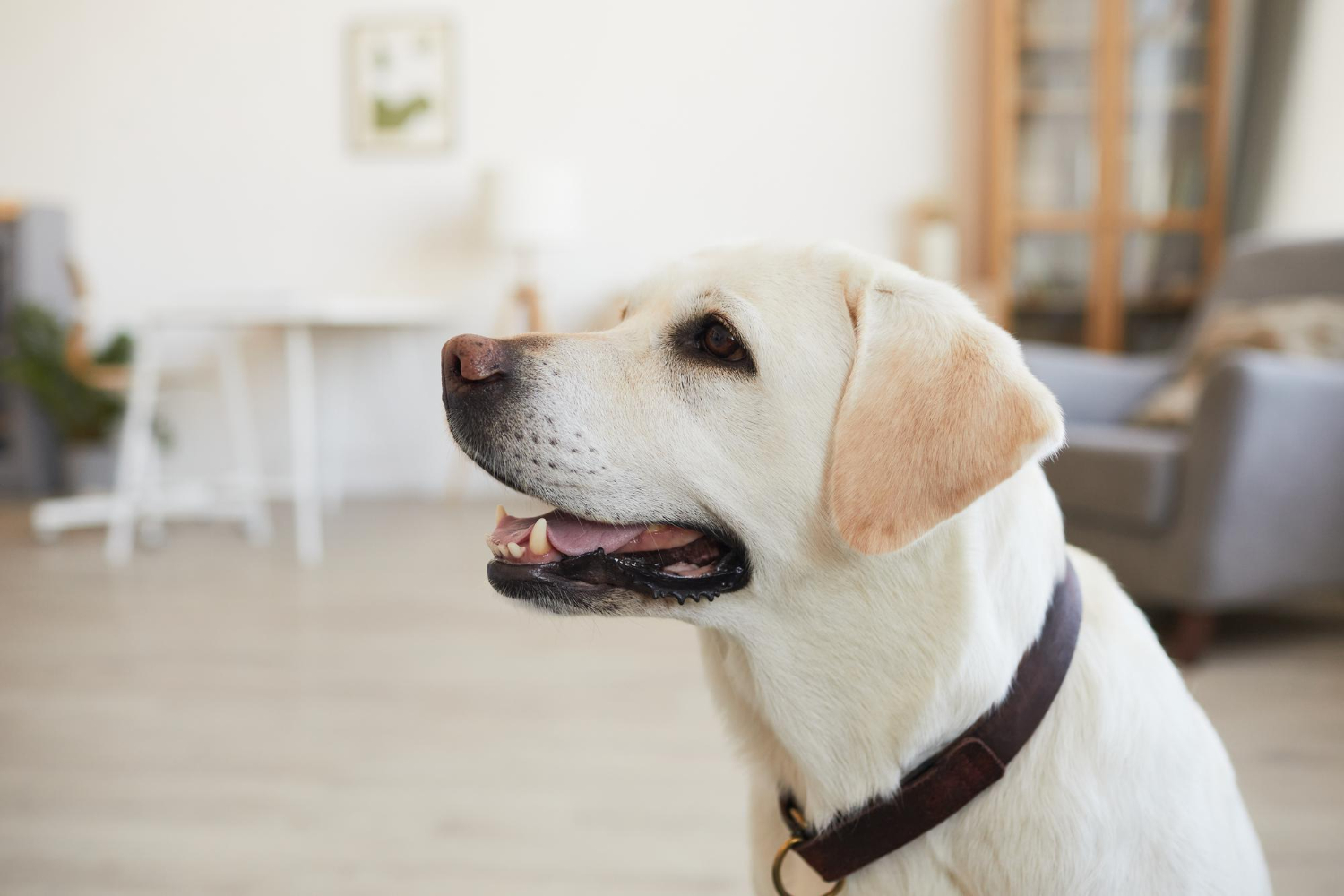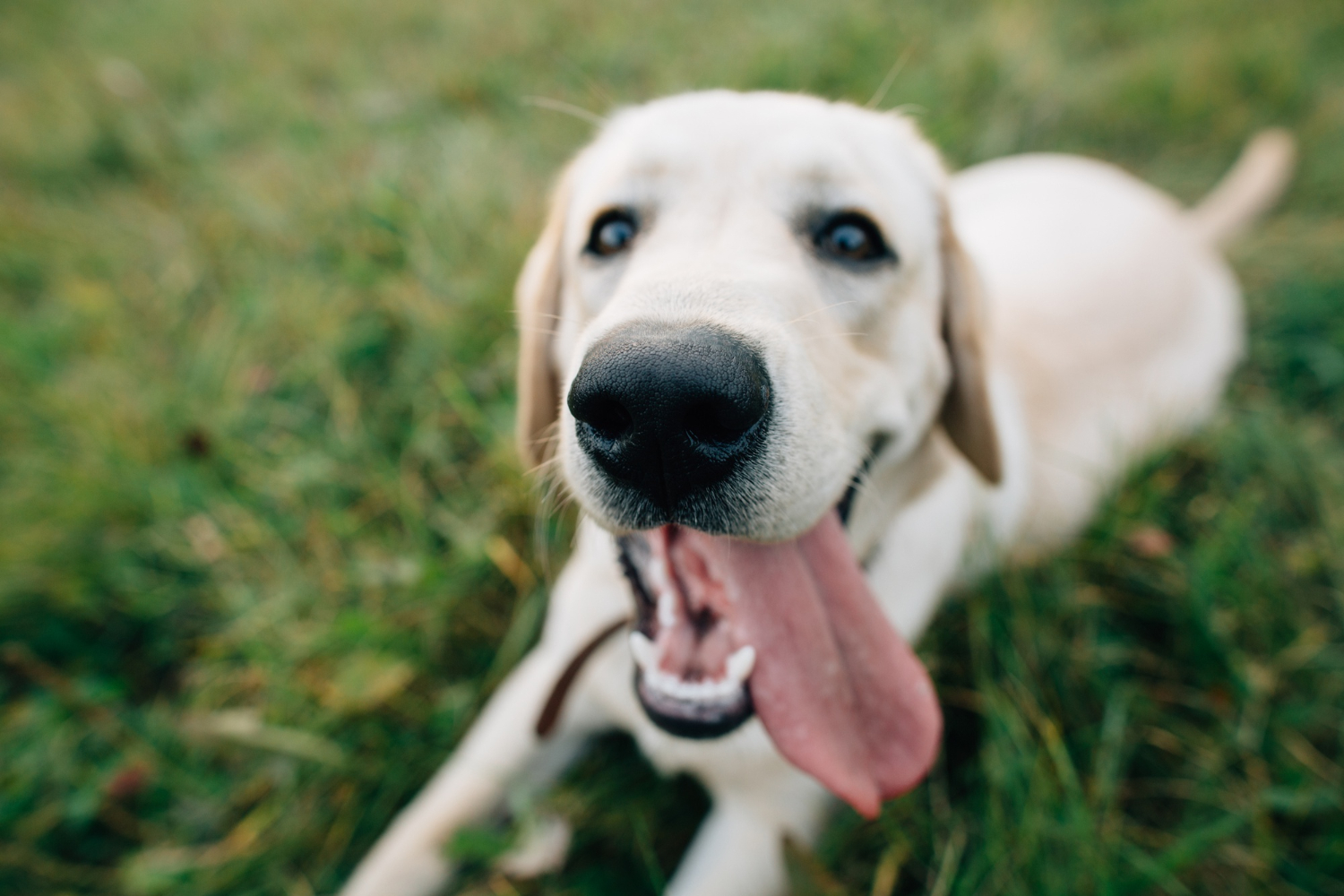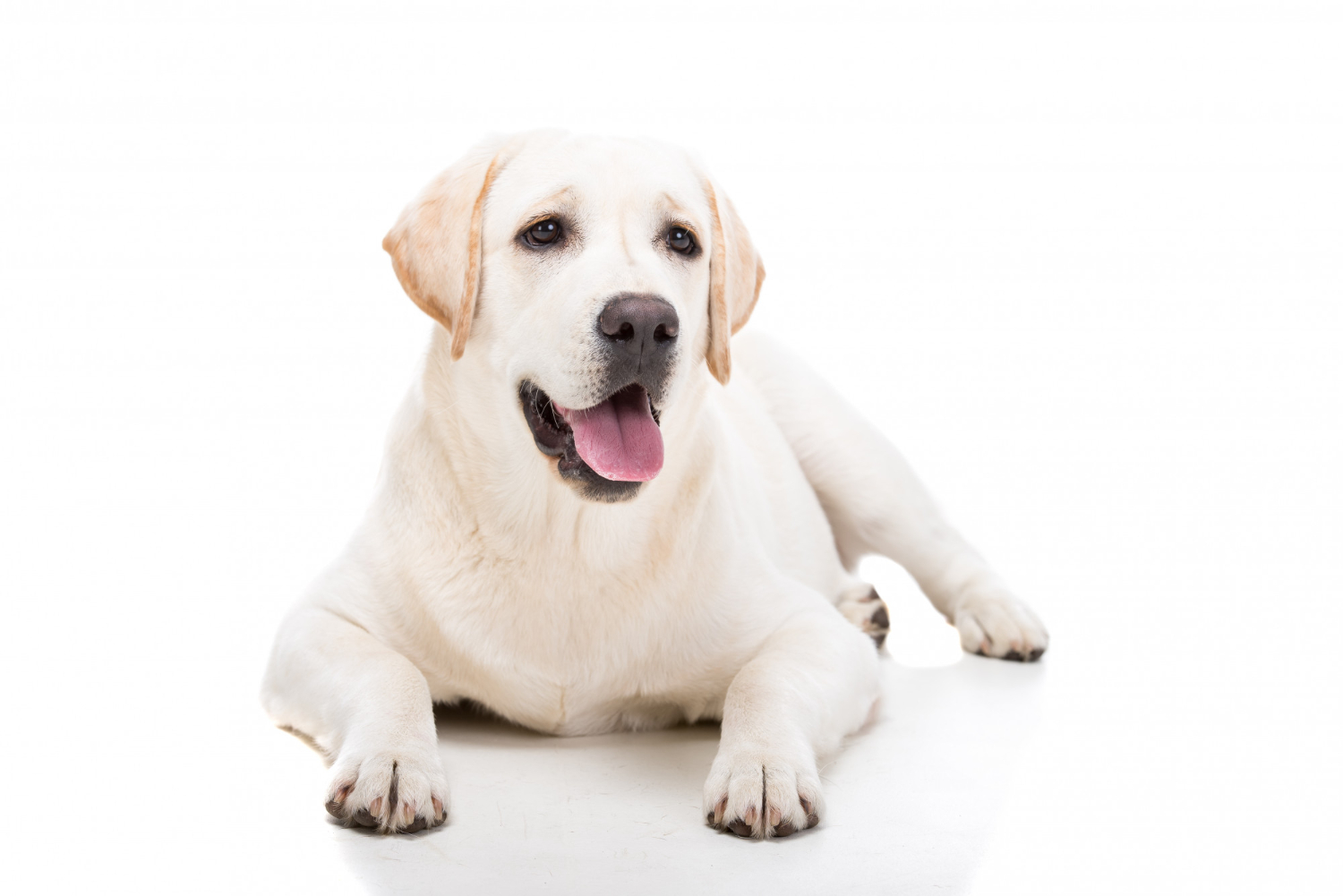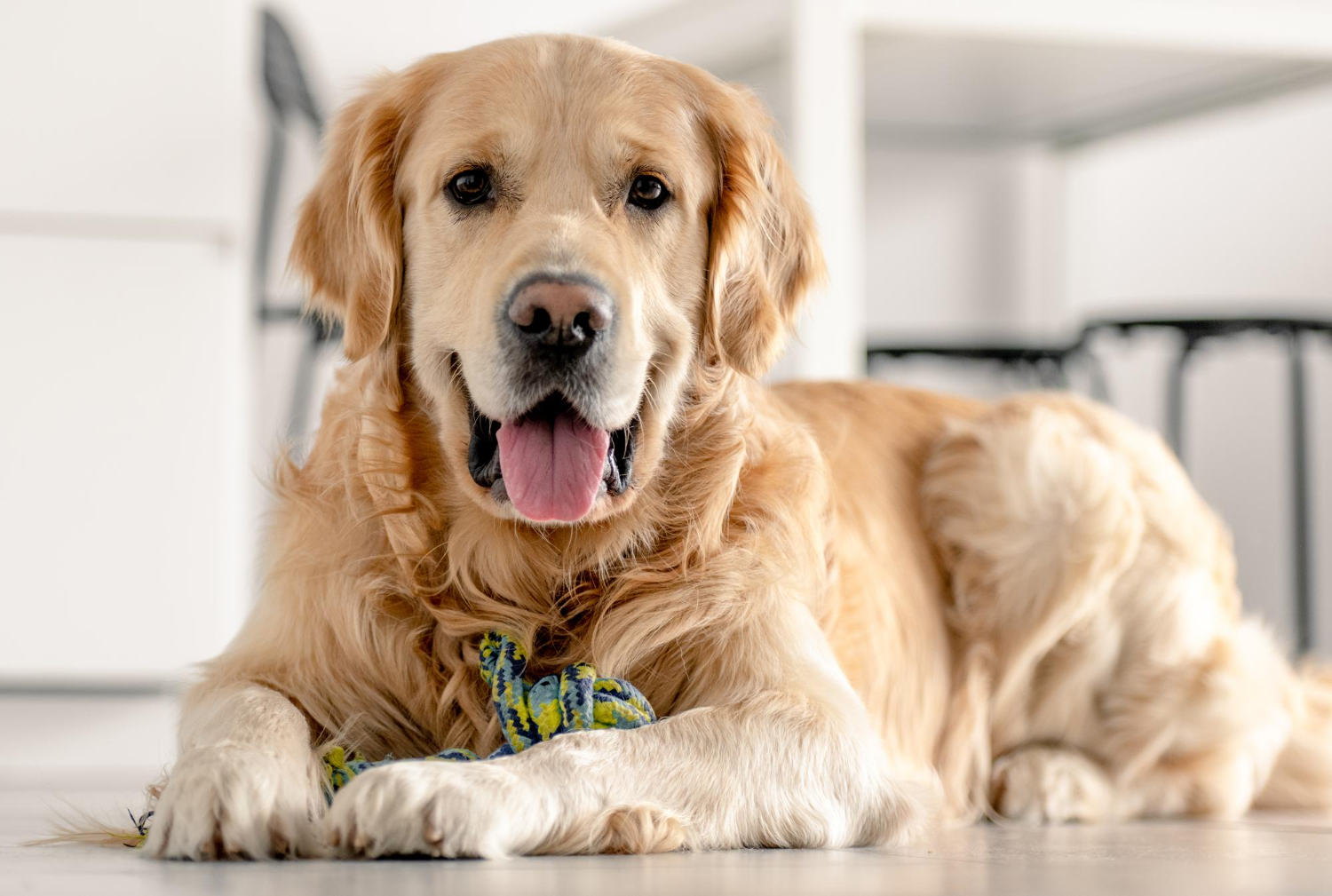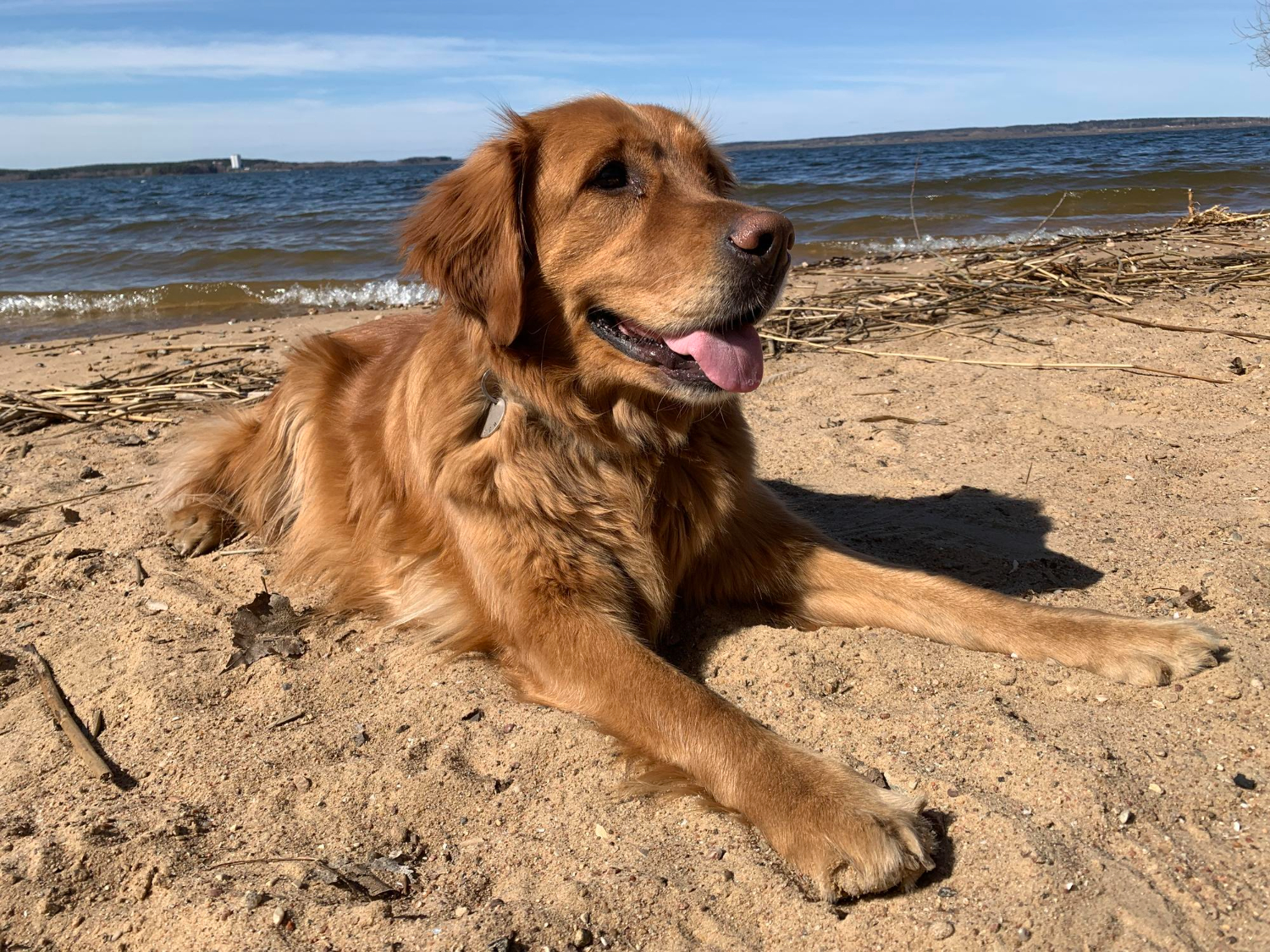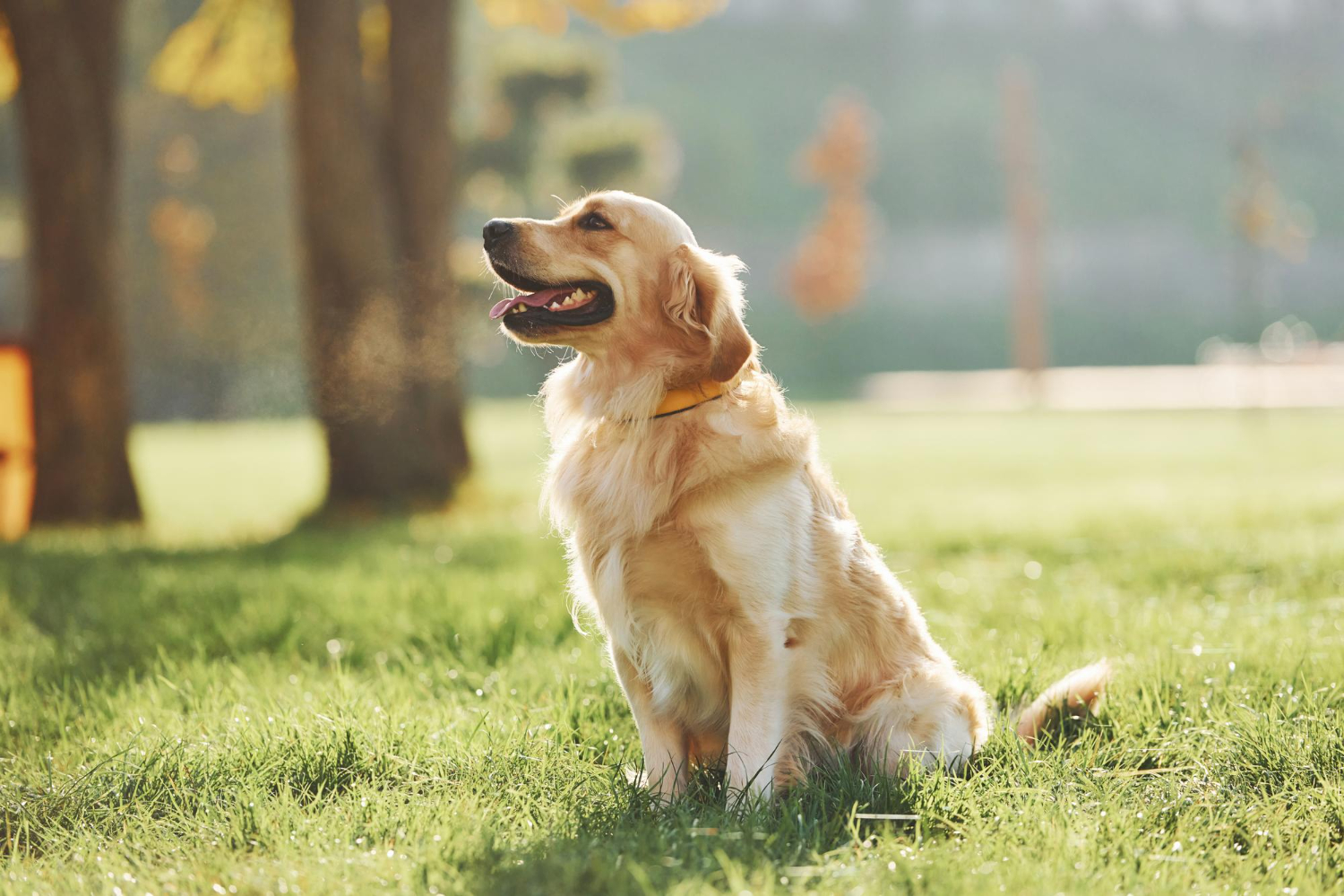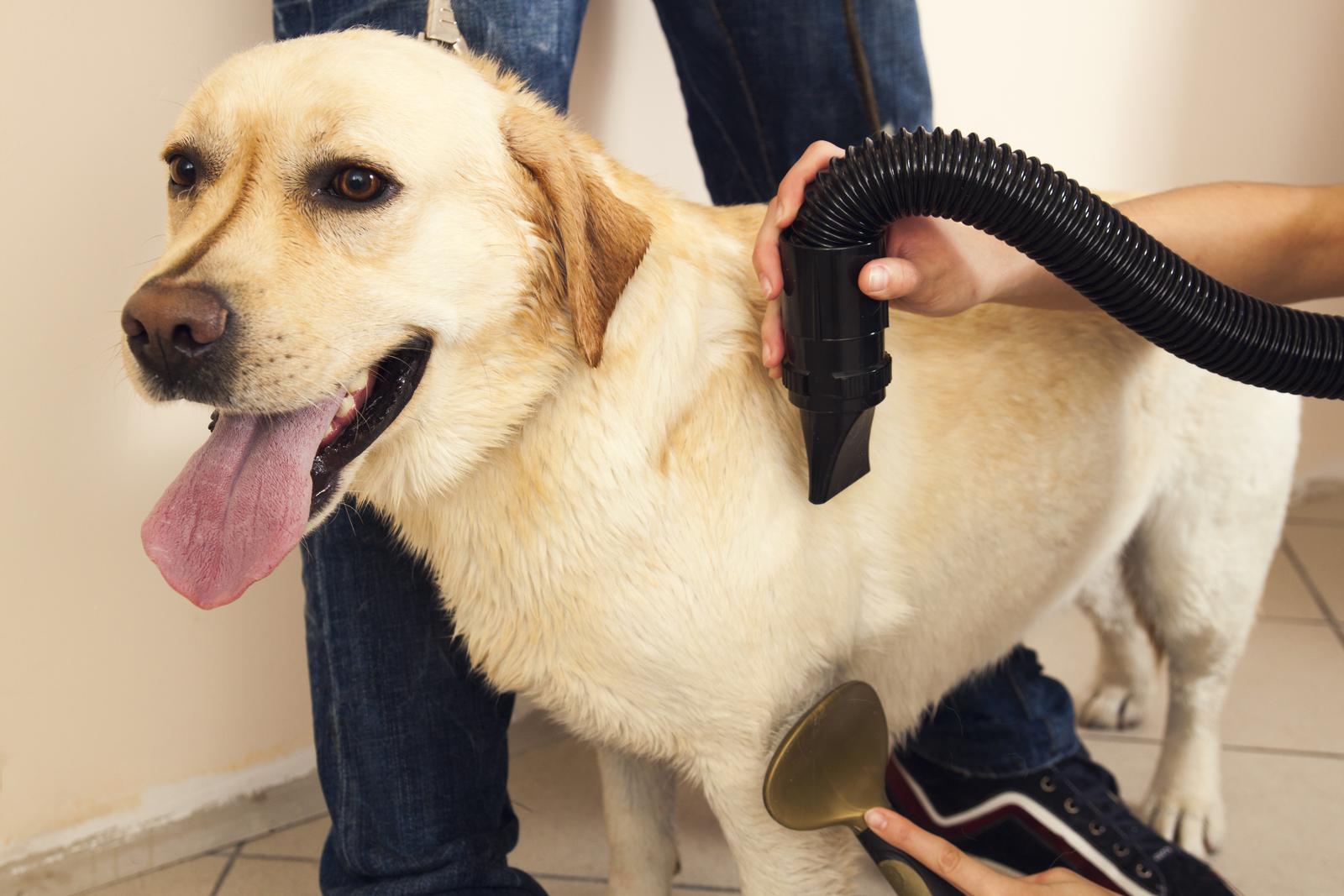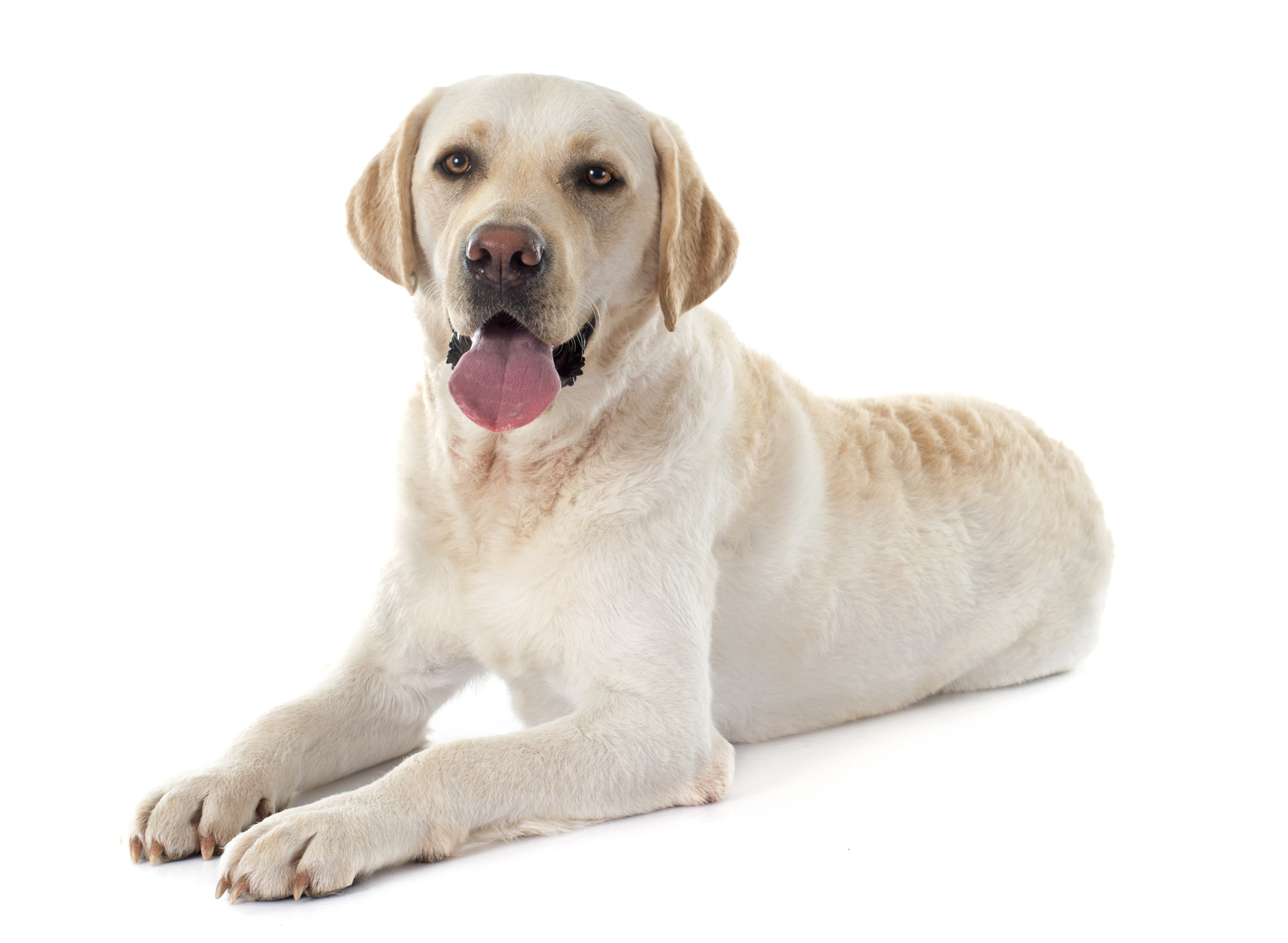If you’re considering getting a golden retriever as a new family pet, it’s important to know what they weigh. This article will discuss the size and exercise requirements of this dog, as well as its health issues and adaptability. There are some pros and cons to owning a large dog, and these will all affect your decision. Before you make your purchase, consider these facts and other aspects of owning this breed.
Size of a golden retriever
One of the first questions you will ask yourself when adopting a golden retriever is the size of the puppy. Although puppies are only 10 ounces at birth, they can quickly catch up by their eighth week. Golden retrievers are small dogs but can be larger if their mother has a smaller litter size. Usually, puppies are between 10 and 15 pounds, but smaller litters can also be found. You can gauge a golden retriever puppy’s size by looking at its ribs. If the puppy is not yet fully grown, it may have a shortened lifespan and health issues.
If you are concerned about your Golden’s weight, try comparing it to the average for the same age. While a small dog can grow to be as large as a medium-sized adult, some dogs may experience growth problems in a later stage. While you should never overfeed your puppy, it’s important to provide plenty of exercise so that your Golden can grow properly. However, if your dog is smaller than normal, consult your veterinarian and discuss the best exercise plan for your dog.
A golden retriever’s growth rate is a sensitive period for your puppy. Males grow fastest during their first twelve months, and females will reach full size around 18 months of age. The mature height and weight of a Golden retriever are shown on charts. The height and weight at each age are based on average male size. Females are smaller and weigh less. A golden retriever’s size should be carefully monitored to prevent joint problems such as elbow dysplasia and hip deformity.
The size of a golden retriever varies based on the breed. They are generally not aggressive dogs but tend to bark to attract attention from passersby and to let you know they are excited. Their playful and friendly nature also makes them compatible with other dogs. In fact, some Goldens even play with other golden retrievers! If you have the time and space, your golden will quickly gain confidence. The puppy’s height is also a factor to consider.
Exercise needs of a golden retriever
The exercise needs of large breed dogs vary widely. Large breeds like Golden Retrievers and Poodles need at least an hour of vigorous activity each day, but they also need exercise for their mental health. Dogs in these breeds are naturally active and thrive on activities such as agility training and fetch. Regardless of breed, they will benefit from some mental stimulation, too, which can be met by puzzle toys or by taking them for a walk.
Berners require daily walks to meet their neighbors and make new friends. They also enjoy playing, and hide-and-seek games are fun for both mind and body. Berners often train for search-and-rescue missions, which require daily exercise. Agility is another good way to burn excess energy, although this type of activity is best left for adulthood. However, Berners are notoriously difficult to train, so it may be a better idea to reserve it for a more mellow day.
While some breeds do just fine on a short walk in the evening, others require vigorous daily exercise. If you’re planning on adopting a large breed dog, take your time to educate yourself about their exercise requirements. Remember, not every dog lover has the time or energy to commit to a long walk. Some dogs can be difficult to walk, but if you’re willing to put in the time to properly train your dog, he’ll love you forever.
The amount of exercise your large breed dog requires varies according to its age, breed, energy level, and personality. In general, any dog that can move needs exercise each day. Most veterinary guidelines recommend at least 30 minutes of moderate activity each day. If you have a smaller dog, you may want to begin with a daily walk for 30 minutes. If you live in an area with very little sunlight, you can easily take a half hour walk instead.
Another important reason for your large breed dog to get moderate exercise is to avoid bloat. This can be an emergency. If your dog is obese, he may develop problems with joints. Exercising regularly will prevent this from happening. Also, exercise will tone his muscles and stimulate his metabolism. It will also help your dog develop good behavior and socialization skills. It’s important to keep your large breed dog active because they can be prone to a number of health problems, including obesity and inactivity.
Health problems of a golden retriever
There are several health problems common to the Golden Retriever breed. These dogs’ immune systems are still developing and they tend to get sick more often than other breeds. Also, the breed has a tendency to eat its own poop, which can cause gastrointestinal problems. To protect your dog from these problems, it’s important to keep him or her healthy by attending regular health checks. Listed below are some of the more common health problems of this breed and how to prevent them.
The most common health problem affecting golden retrievers is subaortic stenosis. This complication makes the heart work extra hard, causing it to eventually fail. Common signs include body fatigue, lethargy, and difficulty breathing. Your golden retriever should have its heart checked regularly to ensure it is healthy and functioning properly. Epilepsy is another common problem in golden retrievers. This condition is inherited, and it can lead to death at a young age.
Hip and elbow dysplasia are also common in the Golden Retriever breed. These conditions can cause your dog to have abnormal postures when standing or sitting. They also can cause pain and loss of strength in their legs. A vet can help you develop a treatment plan for your dog, which can include pain medication, therapy, or surgery. Another common health issue in golden retrievers is cancer. It is extremely important to find the source of any cancer in your dog, so it can be treated.
Aside from ear, eye, and skin allergies are common among golden retrievers. Allergies can be caused by genetics or environmental factors. One type of skin allergy, called canine atopic dermatitis or Canine AD, is hereditary. While there is no known cure for this disease, there are several long-term treatments for the condition. These can cause hair loss, a dull coat, and even muscle loss.
Aside from eye health problems, Goldens can also suffer from hip dysplasia and elbow dysplasia. Both causes can result in painful arthritis, although neither condition requires treatment. If your golden has a genetic mutation that causes these problems, consider avoiding breeding them. If you choose to breed, you should make sure to have your golden retriever screened for the disease so you can avoid the risk of hereditary problems.
Adaptability of a golden retriever
The adaptability of a golden retriever makes it a great family pet. This cheerful, demonstrative dog is tolerant of other people and other animals. They are loyal and forgiving of inexperienced owners. They require daily walks, fetch games and an occasional jog. Although this breed is friendly and tolerant of many people and animals, it has some undesirable traits. For example, they have a tendency to chew on things and are not the best pet for an elderly person.
One of the most interesting features of the Golden Retriever is its ability to adapt to a variety of situations. Its webbed feet make swimming easy for it. It also does exceptionally well in water. Goldens are known to be highly adaptable and do not get upset when plans change. They are happy to go on adventures no matter what! These dogs have a strong sense of smell and are intelligent enough to adapt to a variety of environments.
Although goldens have become popular pets, the breed can be unsuitable for some situations. The hunting instinct of the Golden Retriever can be used to protect the home from intruders. These dogs are also great for families with young children, because they are gentle and friendly. However, you should always check the health records of the dogs you are considering buying. If you are considering adopting a Golden Retriever, make sure they have health clearances from both parents.
Despite the adaptability of a golden retriever, its coat can be a problem. They shed heavily and have a distinct doggy odor. Hence, a golden should be properly groomed to prevent painful mats and hair fall. In addition, goldens are prone to developing allergies to certain food ingredients, pollen and other environmental factors. So, it is advisable to check with a licensed veterinarian before adopting a golden retriever.
Besides being loyal and affectionate, Goldens are good with children and other animals. They are playful and energetic during their puppy stage, but they will soon grow out of this phase. Goldens are excellent companions, gaining popularity as therapy dogs for their gentleness and understanding. However, goldens are very needy and destructive if they do not get enough attention. They need their owners’ affection and are often overly protective of their families.
Equally interesting…

